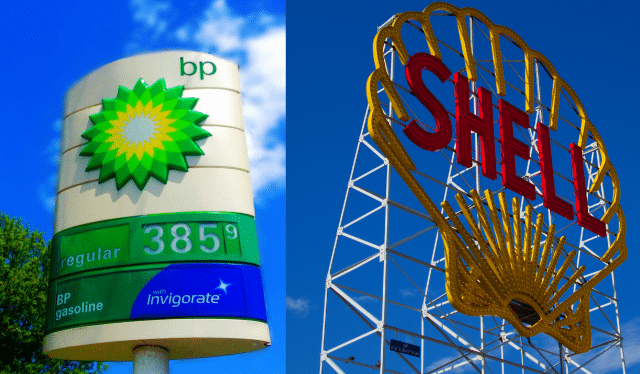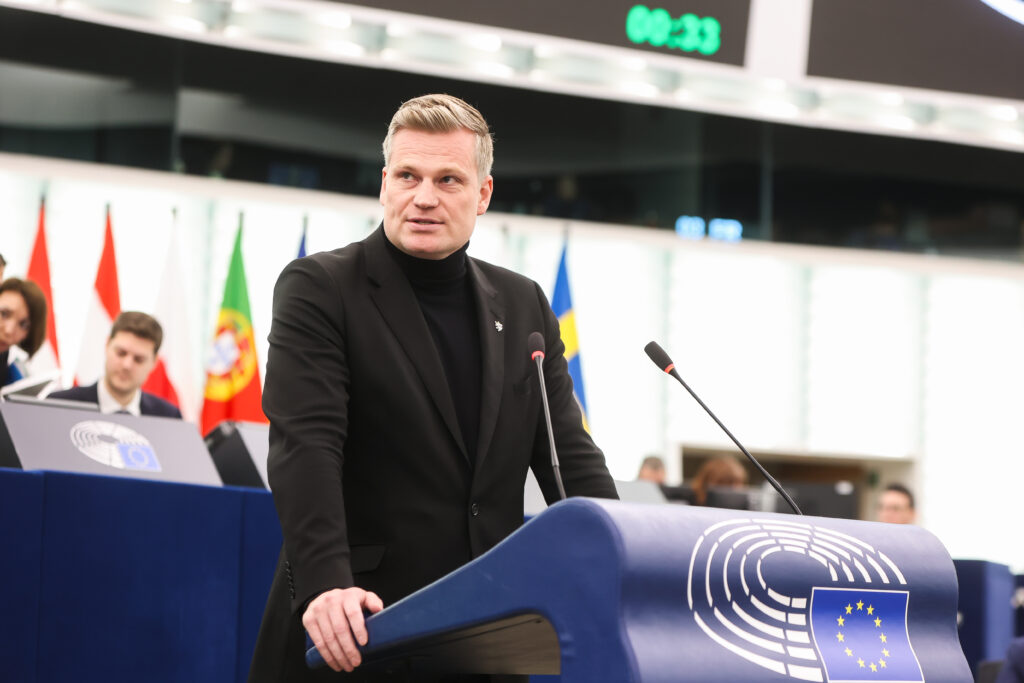New insights into David Cameron’s government and its “strategic” relationship with BP and Shell can be gleaned from documents obtained by DeSmog UK in a Freedom of Information request and published for the first time.
The documents show meetings between Shell, BP and the former Secretary of State for Business, Innovation and Skills (BIS), Vince Cable, acting as a Contact Minister for oil and gas companies under the UK Trade and Investment (UKTI) Strategic Relations Team.
The team was launched in 2011 in an effort to encourage communication between the various governmental departments that deal with the largest investors and exporters, from energy, oil and gas to pharmaceuticals and technology.
Among the files obtained is the guidelines document for Contact Ministers that was provided to Cable. It reads: “Contact Ministers have a crucial role in strengthening the relationship between Government and companies. Contact Ministers will represent the whole of Government in interactions with these companies, make sure information is shared effectively across departments and ensure that relationships encourage increased investment and exports.”
Each Contact Minister is supported by a “virtual team” of officials from across government; the guidance details state: “To ensure that these officials pull in the same direction, the relevant Contact Minister will ensure a cross-HMG strategy is in place for each individual relationship, reflecting the priorities of both Government and the company.”
Contact Ministers are required to meet with their assigned companies at least every six months. Cable met with BP three times as of January 2014 before he lost his seat in Parliament in the May General Election. The government has yet to announce his replacement as Contact Minister for oil and gas.
BP Benefits
On 1 September 2014, the government and BP met for half an hour to discuss topics including court actions for BP’s Deepwater Horizon oil spill in the Gulf of Mexico and the impact of Russian sanctions and ISIS on BP’s business in Russia, Ukraine and the Middle East.
In addition to Cable, attendees included Jonathan Holyoak, the Head of International Energy at the Department of Energy and Climate Change, Iain Conn, the then BP Chief Executive of Refining and Marketing, and Peter Mather, the BP Group Regional Vice President for Europe.
The following meeting on 28 January 2015 also discussed Russian sanctions and the BP gulf spill, as well as the impact of low oil prices on the company’s business.
Both Conn and Cable clearly found the UKTI strategic partnership beneficial. In a letter to Cable dated 10 November 2014, Conn writes: “I would like to take this opportunity to thank you once again for our relationship and for the trust you have shown both in me and in BP over recent years.”
He adds: “The regular dialogue has proved to be of great value and, I think, has demonstrated the benefits of the model.” While this statement is surrounded by redactions, it can be assumed Conn is referring to the UKTI strategic relations model.
Cable responded on 4 December 2014 in a letter thanking Conn for taking an “open and collaborative approach” to working with the government.
He writes: “I have greatly valued your candid exchange of views in our regular meetings, which have provided valuable insight into the challenges facing the oil and gas sector, and I am pleased that you have found it of great benefit.”
Shell Meetings
Cable also met with Shell three times last year, in April, July, and November. However, the details of these meetings have been heavily redacted.
On 17 July 2014, Cable, Jo Swinson, the former Parliamentary Under-Secretary for BIS, and Alan McLean, Shell’s Executive Vice President of Taxation, attended a meeting to discuss BIS’s views on “Shell’s two main concerns”. The concerns in question are redacted.
Another meeting was held in November to discuss global gas demand; the attendees are unknown. In addition, there was a phone call this April between Cable and Erik Bonino, Chairman and Executive Vice President of Global Solutions Downstream Technology at Shell UK, during which – according to an email dated 8 April 2015 – Cable “said his main interest is to understand the implications of the deal on the UK economy, as well as any impact on jobs.”
While the deal mentioned is not named, it’s likely referring to Shell’s agreement to buy BG Group for £47 billion, which was reported on the same day the email was sent.
Photo: Wikimedia Commons and Mike Mozart via Flickr
Subscribe to our newsletter
Stay up to date with DeSmog news and alerts







